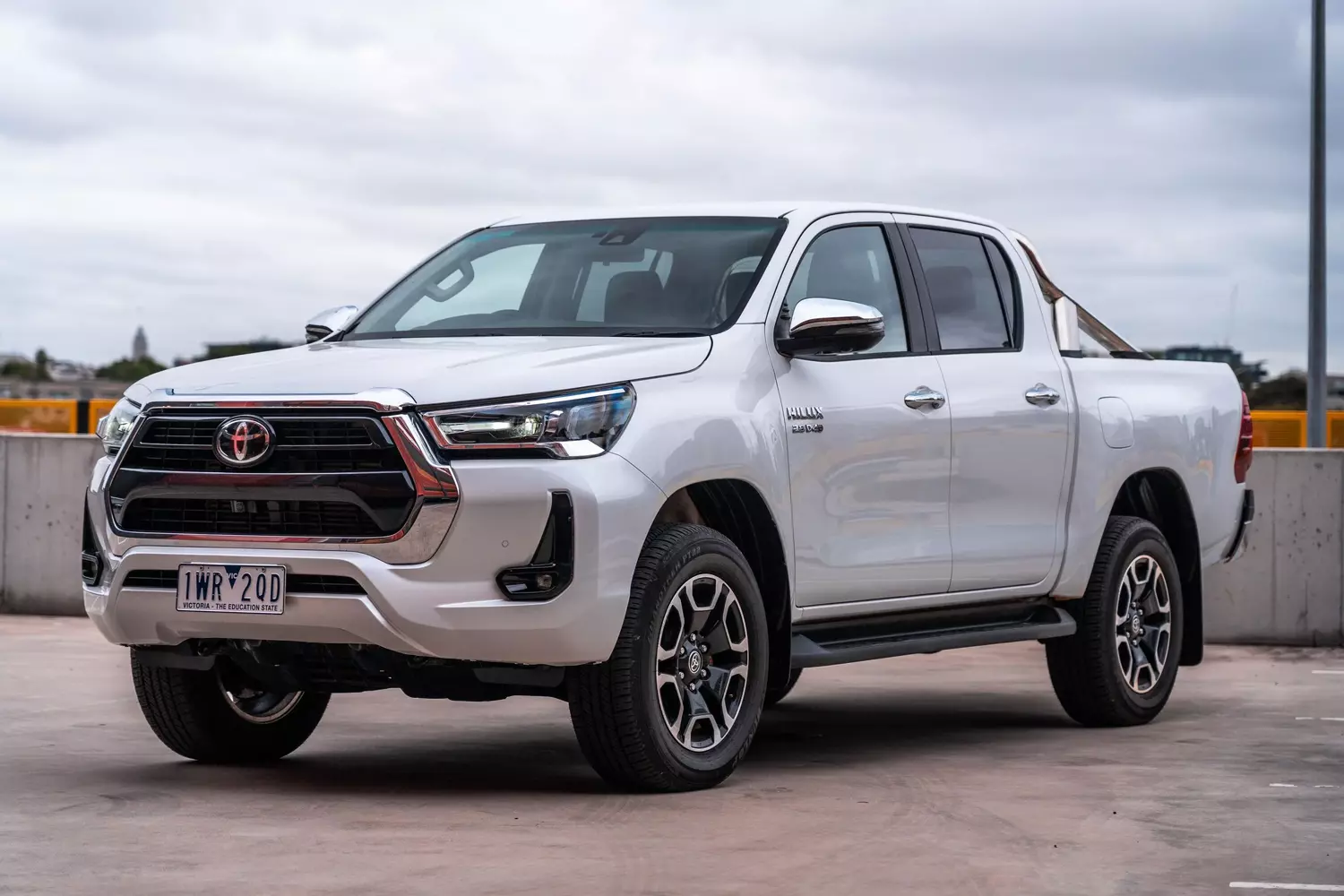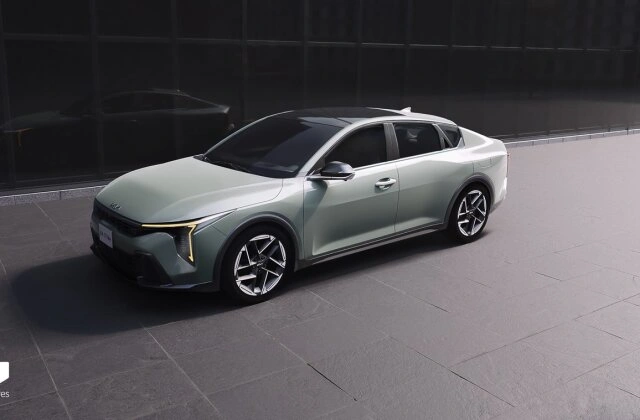The automotive industry is kicking off the year 2024 with a bang, as indicated by the latest VFACTS report. However, amid the celebratory atmosphere of record-breaking achievements, there is a subtle undertone of caution suggesting that the road ahead may not be as smooth. In this article, we'll dissect the key highlights of the VFACTS January 2024 report, exploring the factors driving the remarkable start and delving into the potential challenges that could usher in a period of slower growth.
Record-Breaking Numbers
1. Strong Sales Performance
The VFACTS January 2024 report showcases an impressive surge in vehicle sales, setting a new benchmark for the industry's performance. Consumers are displaying a robust appetite for new cars, fueled by a combination of enticing financing options, the release of new models, and a pent-up demand contributing to the surge in sales figures.
2. Electric Vehicle (EV) Adoption
A standout trend in the report is the accelerating adoption of electric vehicles. With sustainability taking center stage, EVs are gaining traction in the market. The January 2024 numbers highlight a substantial increase in electric vehicle sales, signaling a notable shift towards eco-friendly transportation options.
3. SUVs Dominating the Market
SUVs continue their reign as the kings of the automotive market. A significant portion of the record-breaking sales can be attributed to these versatile vehicles. Consumer preferences for spacious, family-friendly, and adventure-ready vehicles have led to a remarkable surge in SUV sales, solidifying their position as the preferred choice for many buyers.
Factors Driving Success
1. Innovation and Technology
The commitment to innovation and technology within the automotive industry is evident in the VFACTS January 2024 report. Advanced features, connectivity options, and enhanced safety measures are influencing consumer purchasing decisions. Automakers investing in cutting-edge technology are reaping the rewards with increased customer interest.
2. Supply Chain Resilience
Despite global challenges, the automotive industry has demonstrated resilience in its supply chain. Effective management and adaptation to supply chain disruptions have allowed manufacturers to meet consumer demands, preventing significant disruptions to production and delivery.
Challenges Ahead
1. Economic Uncertainties
While the start of 2024 has been promising, economic uncertainties cast a shadow over the industry's future. Factors such as inflation, geopolitical tensions, and fluctuating fuel prices pose challenges to sustained growth. Navigating these uncertainties will require strategic planning and adaptability from automotive stakeholders.
2. Transitioning to Electric
The rise in EV sales is positive, but the industry now faces the challenge of transitioning its entire ecosystem to support electric vehicles. From charging infrastructure to workforce training, addressing these aspects will be crucial for a seamless shift towards a more sustainable future.
3. Regulatory Changes
Ongoing and potential regulatory changes pose a constant challenge for the automotive sector. Adapting to evolving emissions standards, safety regulations, and trade policies requires proactive measures and investments in compliance.
Conclusion
The VFACTS January 2024 report paints a picture of success for the automotive industry's initial foray into the new year. However, as the sector celebrates its achievements, it must also prepare for the challenges that lie ahead. Navigating economic uncertainties, embracing the shift to electric vehicles, and staying ahead of regulatory changes will be pivotal for the industry's sustained growth.
(FAQs)
Q. What is VFACTS, and why is it significant for the automotive industry?
Ans: VFACTS stands for Vehicle Facts, and it is a comprehensive report that provides insights into the performance and trends of the automotive market in Australia. It is significant for the industry as it helps stakeholders make informed decisions based on market data.
Q. Why are SUVs so popular in the automotive market?
Ans: SUVs are popular due to their versatility, offering spacious interiors, safety features, and an adventurous appeal. Consumers often prefer SUVs for family use and outdoor activities.
Q. How can the automotive industry address economic uncertainties?
Ans: The industry can address economic uncertainties by implementing flexible business models, closely monitoring market trends, and making strategic investments to mitigate risks.
Q. What challenges does the automotive industry face in transitioning to electric vehicles?
Ans: Challenges include establishing a robust charging infrastructure, retraining the workforce for electric vehicle technology, and ensuring a smooth transition for consumers.
Q. How can automakers stay ahead of regulatory changes in the industry?
Ans: Staying informed, actively participating in industry discussions, and proactively adapting operations to comply with evolving regulations are crucial for automakers to stay ahead of regulatory changes.












